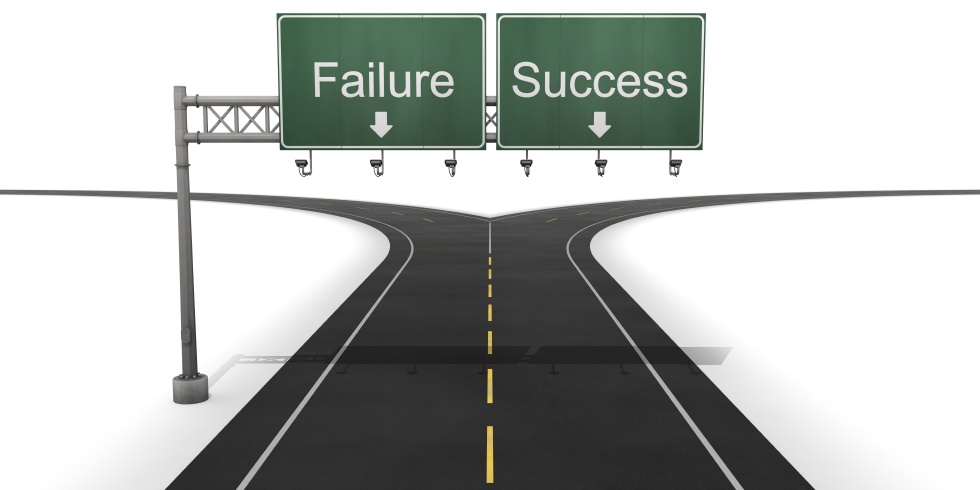Kariuki is 26 years old and works in the treasury department of a bank. He has done extremely well and moved up the ladder fast in terms of career. He has recently been paid a bonus of Kes 500,000 shillings due to his department’s financial performance. This is more money than Kariuki has ever seen at one go. On the first day that he received the funds Kariuki spent Kes 20,000 on a night out. By the time the weekend was over he had spent Kes 50,000. He bought a phone worth Kes 70,000, an entertainment system worth Kes 150,000, a new stereo and rims for his car for a total of Kes 100,000 and the remainder was probably spent on entertainment and out of town trips. It took total of 4 weeks for the funds to be exhausted.
Kariuki has no awareness of the personal opportunity cost of his decision. He works in a treasury department and is aware about investments but that has always been for other people to do. He makes money every day for other people but as long as between his salary and bonuses his lifestyle can be maintained he remains comfortable. Kariuki could have grown those funds to Kes 1 mn but his aspiration is not financial security or wealth creation but to continuously enhance his consumer lifestyle. Whenever any money comes his way whether through salary, bonus or even access to credit he immediately thinks how he can spend it, what he can buy.
Many of us can relate with Kariuki and like him are trapped in aspiring to enhance our consumer lifestyle. We often confuse high incomes, or a lifestyle or even a job title with financial security or being wealthy. This is the rat race many people get into at a similar age as Kariuki and it never stops. Usually the higher the income, the deeper the trap because the more expensive the lifestyle. Kariuki will continue earning more money but will without a doubt start spending more. He cannot yet relate to the fact that one day he may not have a job and will be unable to maintain that lifestyle. This could be as a result of retirement, inability to work, retrenchment or just the freedom to go and pursue other things that he may want to. Kariuki will not be able to do this not because he couldn’t but he chose to spend his increasing income (while he has it) on consumption rather than on building assets. Assets that can possibly grow to fund his lifestyle irrespective of a job. The more expensive his lifestyle now becomes the more assets he will eventually need to do this. The later he does it the harder it becomes. Because of this, more people earning Kes 30,000 have become financially secure than those earning ten times that amount.
Are you aspiring wealth creation or lifestyle? If you choose to create wealth it can fund your lifestyle comfortably in future, but choosing consumer driven lifestyle now over wealth creation now will not in some miraculous way lead to wealth creation. Make your choices, be aware of them and take responsibility.
Waceke Nduati
The author teaches personal financial management. Find her at www.centonomy.com


self-audit is essential at a personal level so as we change trend to liberate oneself from some not-well -thought -out consumrer habits which ultimately lead to insolvency.